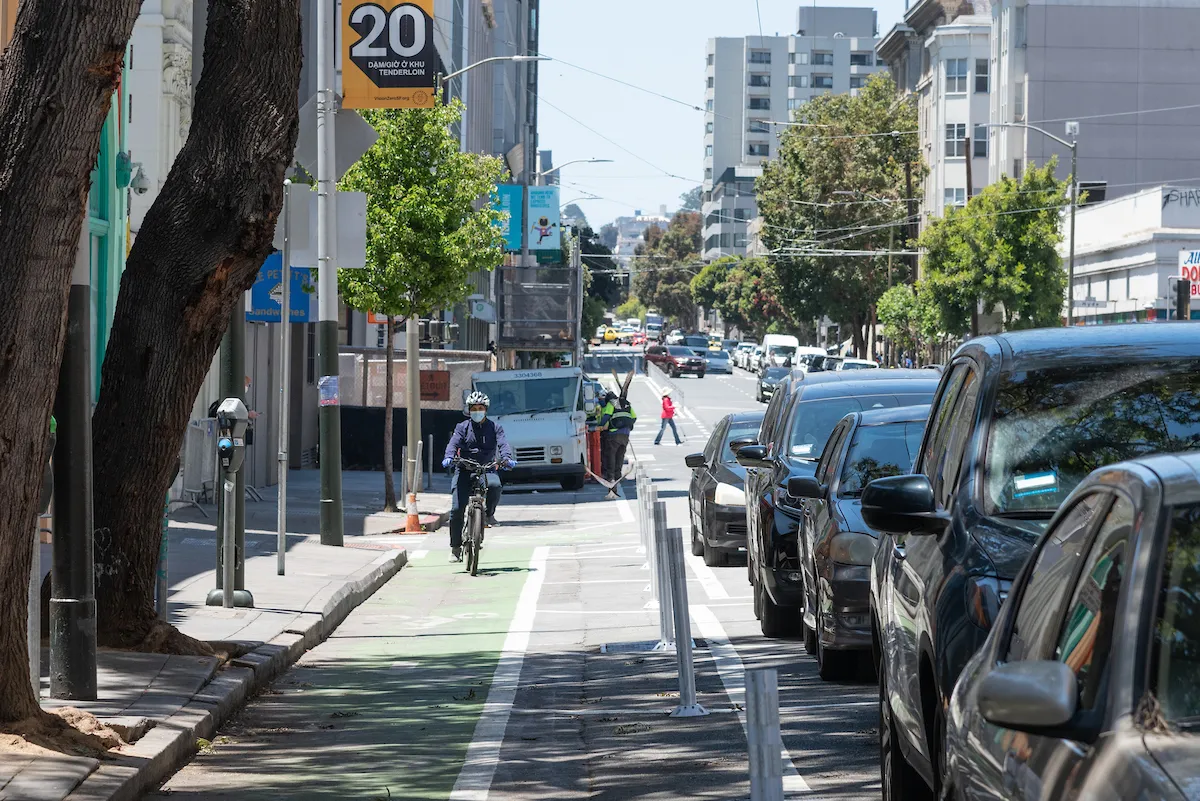California’s Metropolitan Transportation Commission (MTC) has awarded Cubic Transportation Systems a US$7.5 million add-on contract to expand the Clipper card fare payment system to more than a dozen suburban transit agencies in the San Francisco Bay Area. The system, which Cubic delivered and operates, will enhance travel options for commuters in parts of the East and North Bay.
Under the updated contract, Cubic will install and configure Clipper fare collection equipment on all East Bay and North Bay o
April 24, 2014
Read time: 2 mins
California’s 343 Metropolitan Transportation Commission (MTC) has awarded 378 Cubic Transportation Systems a US$7.5 million add-on contract to expand the Clipper card fare payment system to more than a dozen suburban transit agencies in the San Francisco Bay Area. The system, which Cubic delivered and operates, will enhance travel options for commuters in parts of the East and North Bay.
Under the updated contract, Cubic will install and configure Clipper fare collection equipment on all East Bay and North Bay operators’ buses, install retail devices and handheld card readers for fare inspection and install wireless networks to support the uploading and downloading of Clipper data at all bus garages.
Other advances of the Clipper card system were put into motion throughout the past year; in July 2013, SFMTA and Cubic launched a pilot to provide4802 San Francisco Municipal Transportation Agency (SFMTA) customers with the ability to pay for parking at select city garages with their Clipper card. In September 2013, Cubic and MTC launched a new mobile website for the system, https://m.clippercard.com, to give customers an easy, on-the-go way to manage their accounts from a variety of mobile phones. The added multi-modal functionality makes payment seamless and convenient for customers.
Today, Bay Area commuters use Clipper to pay fares on almost half of the region’s transit trips. The reloadable smart card currently allows the Bay Area Rapid Transit (7357 BART), SFMTA, Alameda-Contra Costa Transit (274 AC Transit), Golden Gate Transit & Ferry, San Francisco Bay Ferry, San Mateo County Transit District (SamTrans), Caltrain and the 1791 Santa Clara Valley Transportation Authority (VTA) passengers to transfer from one agency to another by simply touching the card to the reader on buses and light-rail vehicles, or at rail stations or ferry terminals – using one card to pay for all rides.
“Our partnership with MTC continuously delivers innovative solutions to expand Clipper throughout the Bay Area region,” said Matt Newsome, senior vice president and general manager, Cubic Transportation Systems Americas. “We look forward to implementing the next phase of the vision: a trans-regional multi-modal transit payment system using a common card back office and customer service system.”
MTC is the transportation planning, financing and coordinating agency for the nine-county San Francisco Bay Area.
Under the updated contract, Cubic will install and configure Clipper fare collection equipment on all East Bay and North Bay operators’ buses, install retail devices and handheld card readers for fare inspection and install wireless networks to support the uploading and downloading of Clipper data at all bus garages.
Other advances of the Clipper card system were put into motion throughout the past year; in July 2013, SFMTA and Cubic launched a pilot to provide
Today, Bay Area commuters use Clipper to pay fares on almost half of the region’s transit trips. The reloadable smart card currently allows the Bay Area Rapid Transit (
“Our partnership with MTC continuously delivers innovative solutions to expand Clipper throughout the Bay Area region,” said Matt Newsome, senior vice president and general manager, Cubic Transportation Systems Americas. “We look forward to implementing the next phase of the vision: a trans-regional multi-modal transit payment system using a common card back office and customer service system.”
MTC is the transportation planning, financing and coordinating agency for the nine-county San Francisco Bay Area.








